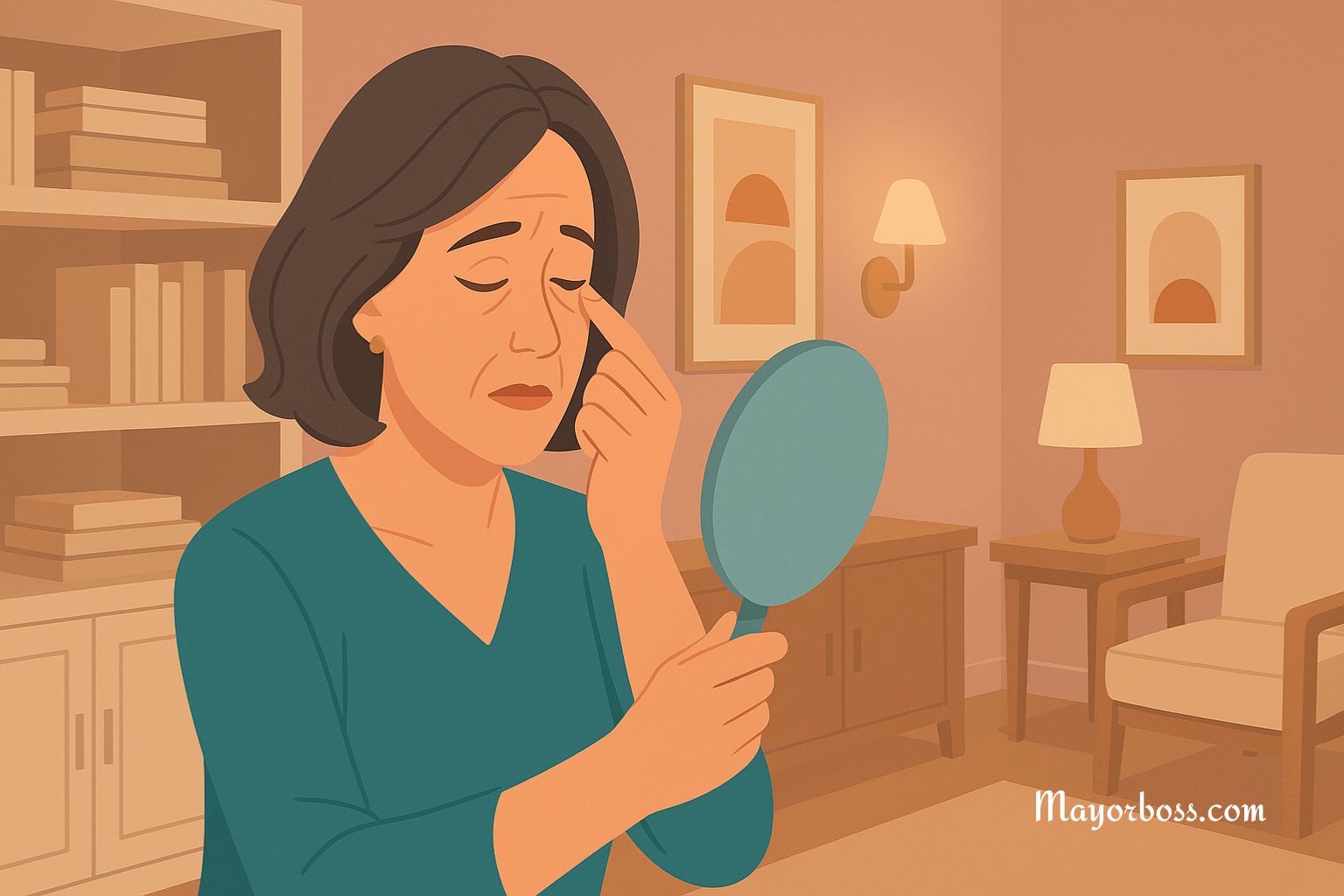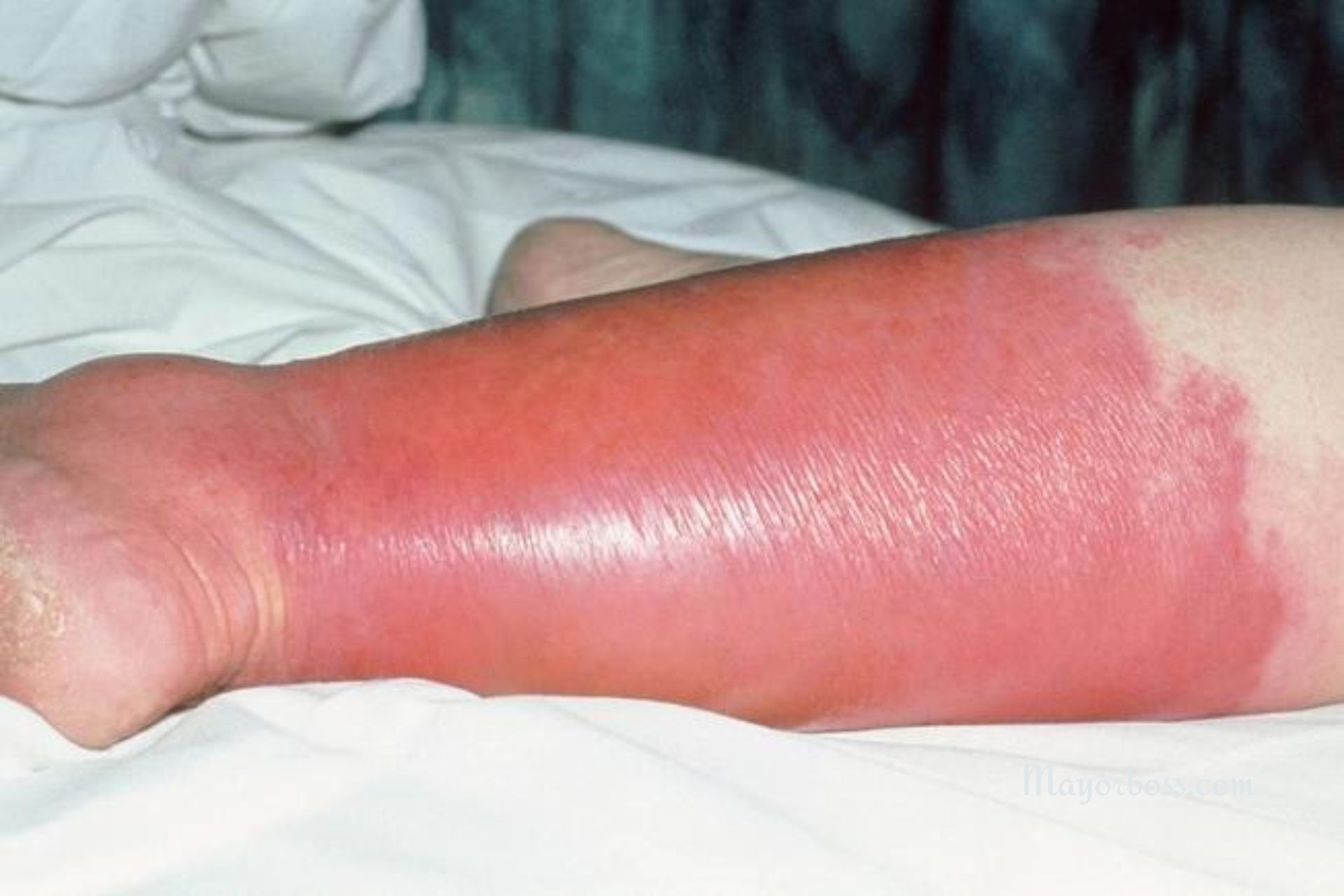Symptoms of Bronchitis
Bronchitis typically manifests as a persistent cough, often accompanied by mucus. You might also experience symptoms like a sore throat, fatigue, and minor chest discomfort. The condition can be either acute, lasting for a short period, or chronic, persisting over a long duration. Before we dive into the symptoms, it’s crucial to know what bronchitis is.

What Is Bronchitis?
Bronchitis occurs when the bronchial tubes, which carry air to your lungs, become inflamed. This inflammation is usually triggered by infections, such as the common cold, or environmental irritants like smoke.
Common Symptoms
Persistent Cough
The hallmark of bronchitis is a nagging cough that can last for weeks. If you notice a cough lingering longer than usual after a cold, bronchitis might be the culprit.
Production of Mucus
Along with a cough, you might also cough up mucus. The color can range from clear to green or yellow, indicating the presence of an infection.
Fatigue and Weakness
Feeling unusually tired is common when you’re battling bronchitis. Your body is working overtime to fight off the infection, so you might need more rest than usual.
Sore Throat
A sore throat often accompanies bronchitis. The constant coughing can irritate your throat, making it painful to swallow.
Less Common Symptoms
Wheezing and Shortness of Breath
In some cases, bronchitis can cause wheezing or shortness of breath. These symptoms are more common in people with a history of respiratory issues, such as asthma.
Minor Chest Discomfort
You might feel a slight tightness or discomfort in your chest. However, severe chest pain is uncommon in bronchitis and could be a sign of a more serious issue, like pneumonia.
Low-Grade Fever
A low-grade fever can sometimes accompany bronchitis. However, a high fever is rare and may indicate a more severe condition requiring medical attention.
Factors That Increase Risk
Age
Older adults and children are more susceptible to bronchitis due to weaker immune systems.
Smoking
Smokers and those frequently exposed to secondhand smoke are at a higher risk of developing both acute and chronic bronchitis.
Environmental Factors
Workplaces with exposure to irritants like dust, fumes, and chemicals can heighten your risk of bronchitis.
When to Seek Medical Help
If you’re experiencing symptoms of bronchitis for more than three weeks, consult a healthcare professional. Additionally, seek immediate medical attention if you experience severe symptoms like high fever, chest pain, or difficulty breathing.
In summary, bronchitis is a condition that shouldn’t be ignored. Paying attention to symptoms and acting promptly can make a significant difference in your recovery process.
Frequently Asked Questions
What Is the Main Symptom of Bronchitis?
The most noticeable symptom of bronchitis is a persistent cough that tends to linger. This cough can last for several weeks and is often accompanied by the production of mucus. It’s a symptom that often extends beyond the duration of other common cold symptoms, prompting many to seek medical advice.
How Do I Know If My Cough Is Due to Bronchitis?
A cough that doesn’t go away even after other cold symptoms have subsided might be a sign of bronchitis. Additionally, the cough often produces mucus, which can be clear, yellow, or green. If you’re coughing up mucus for more than a week, it’s a good idea to consult with a healthcare provider for a proper diagnosis.
Are There Additional Symptoms Alongside a Cough?
Yes, other symptoms often accompany the persistent cough. You may experience a sore throat, fatigue, and minor discomfort in the chest area. In some cases, a low-grade fever may also occur. These symptoms often make daily activities difficult and can interfere with a good night’s sleep.
Who Is More Likely to Get Bronchitis?
People with weakened immune systems, such as the elderly and young children, are more susceptible to bronchitis. Additionally, smokers and those exposed to environmental irritants, such as dust and chemical fumes, are at a higher risk of developing the condition.
When Should I Seek Medical Help for Bronchitis?
If your symptoms persist for more than three weeks, it’s important to seek medical advice. A healthcare provider can help rule out more serious conditions, like pneumonia. Immediate medical attention is also needed if you experience severe symptoms like a high fever, chest pain, or difficulty breathing.






